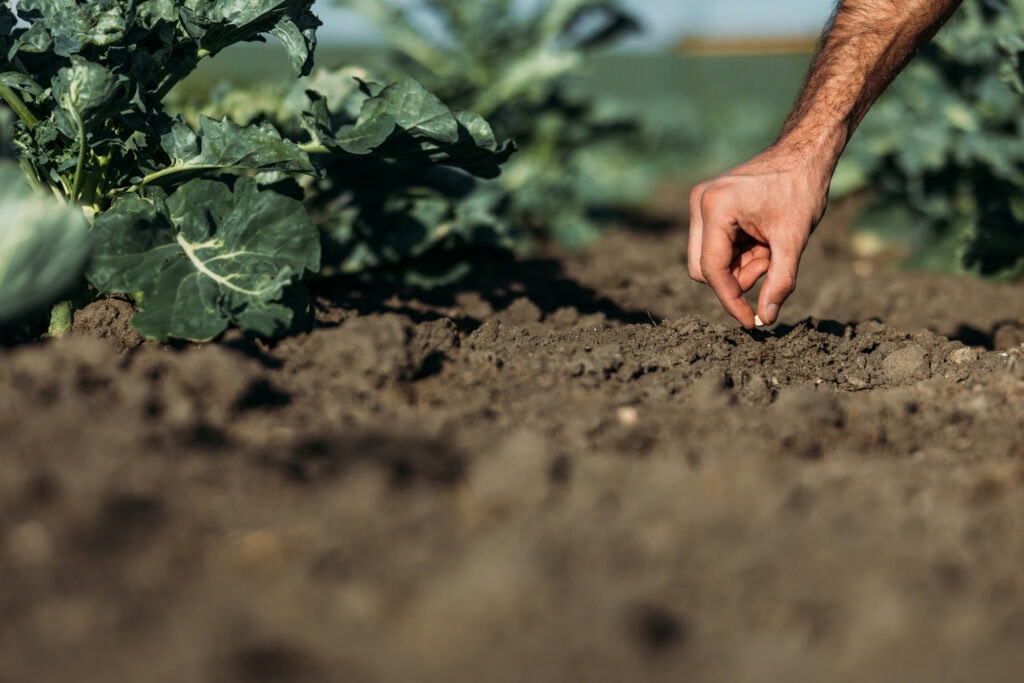Mycorrhizal fungi play a vital role in agriculture by forming symbiotic relationships with plant roots, aiding in nutrient uptake, water absorption, and overall plant health. Several mycorrhizal species used in BioBlend Plus are beneficial in agricultural settings and trees/forests.
Arbuscular Mycorrhizal Fungi (AMF) are the most common and widespread mycorrhizal fungi in agriculture. Arbuscular Mycorrhiza is the same thing as Endomycorrhizae. Ectomycorrhizal Fungi is more commonly associated with trees and forests.
Ectomycorrhizal Fungi (EMF) is the fungi that form symbiotic associations primarily with woody plants, such as trees and shrubs. While they are less commonly used in agricultural settings, they are crucial for forest ecosystems and can enhance the growth of certain crops like orchard trees. Examples include species like Laccaria spp., Tuber spp., and Suillus spp. These fungi form symbiotic relationships with plants in the Ericaceae family, such as blueberries, cranberries, and rhododendrons. They are particularly important for plants growing in acidic soils and nutrient-poor environments.
Using mycorrhizal fungi (BioBlend Plus) in agriculture can enhance nutrient uptake, improve plant health, and reduce the need for chemical fertilizers, making it an environmentally friendly approach to farming. CoastBio produces a wide range of mycorrhizal products suitable for all your agricultural needs. Contact us for more information about how you can benefit from our products with Ectomycorrhizal Fungi (EMF) and Endomycorrhizal Fungi (Ericoid Mycorrhizae). Contact us for more information.
https://www.ncbi.nlm.nih.gov/pmc/articles/PMC6905138/
